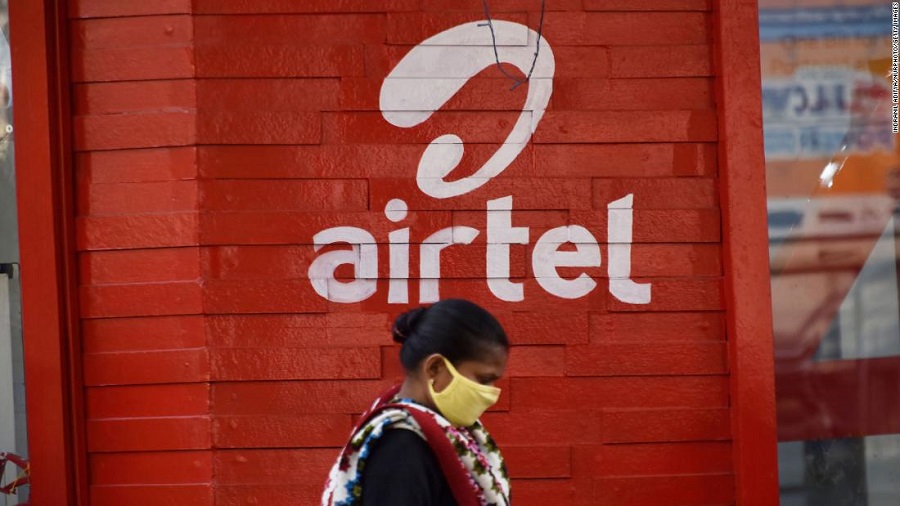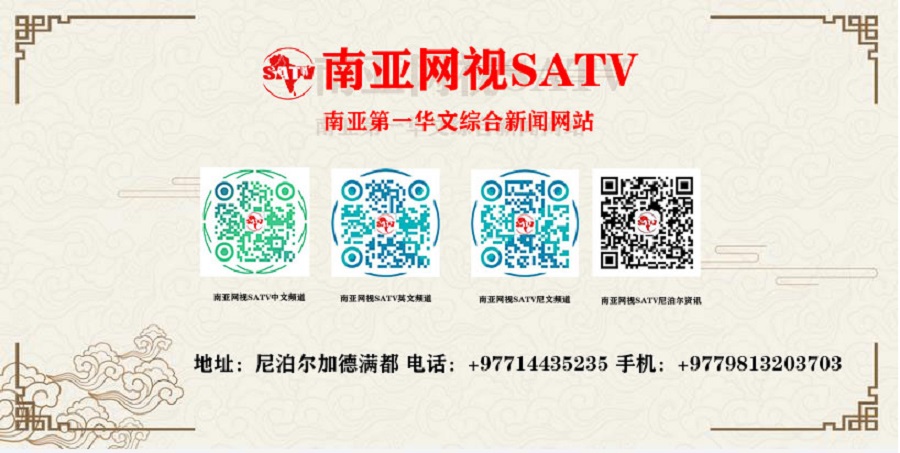
Google is investing up to $1 billion in a major Indian telecom company, a move it hopes will drive down the cost of smartphones in a huge and rapidly expanding market.
Google (GOOGL) said in a statement Friday that it would invest $700 million in Bharti Airtel, India's second-largest telecom operator, and acquire a 1.28% stake in the company. An additional $300 million would be used for potential multi-year commercial agreements, the companies added.
According to Airtel, the two companies want to work with device manufacturers to "bring down the barriers of owning a smartphone across a range of price points." They also expect to work together on 5G and cloud services in the country.
The deal, which is still subject to regulatory approvals, marks Google's latest push into a market that has become critical for Big Tech firms looking to expand their global footprint.
India, the world's second most populous country, has 750 million internet users, with hundreds of millions more yet to come online for the first time. And unlike its more populous neighbor China, India has been welcoming huge amounts of investment from American tech: Facebook (FB), Google, Amazon (AMZN), Netflix (NFLX) and others have already invested billions of dollars into growing their Indian operations.
Google alone has already put up some serious cash in India, including a $4.5 billion investment two years ago in Jio Platforms, an Airtel rival that is part of billionaire Mukesh Ambani's tech empire. That deal was in part touted as a way for the companies to develop a super cheap smartphone for the local market. They launched their first low-cost 4G smartphone late last year.
In a statement on Friday, Sundar Pichai, CEO of Alphabet and its subsidiary Google, called the Airtel investment a "continuation" of its efforts to "increase access to smartphones, enhance connectivity to support new business models, and help companies on their digital transformation journey."
Airtel's stock was up nearly 1.5% in India after the announcement. The company has nearly half a billion customers in 17 countries across South Asia and Africa.











